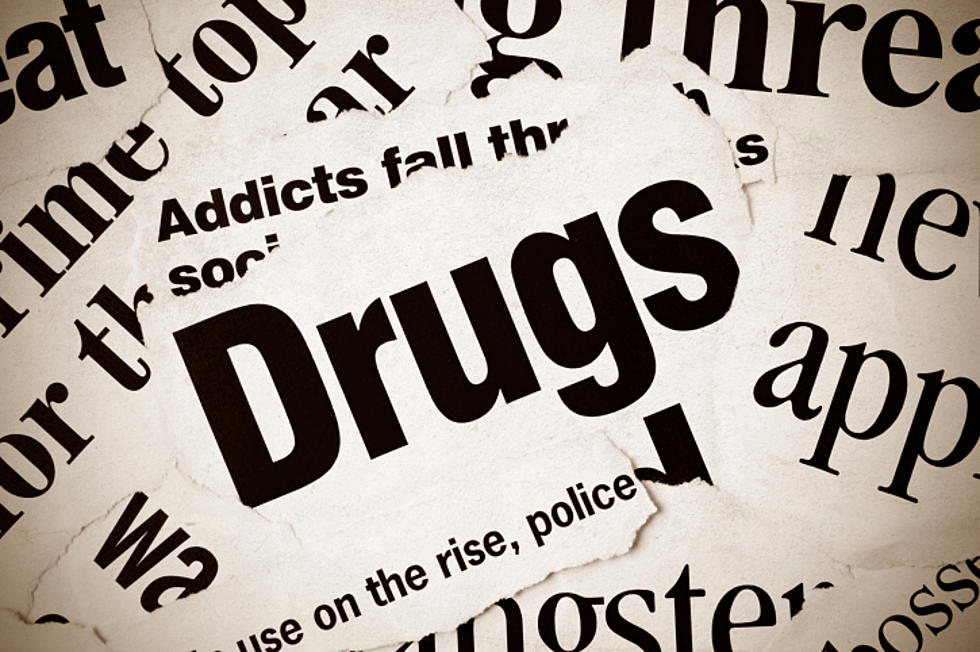
Is prescription drug addiction on the rise?
A new poll finds nine in 10 New Jersey residents think doctors should be required to tell patients about addiction risks in the drugs they prescribe, thinking along the same lines as a coalition of drug abuse, treatment and prevention experts who believe patients should receive more information regarding those medications.
"Every day, two New Jersey families lose a loved one to opiate abuse," said Angelo Valente, executive director of the Partnership for a Drug-Free New Jersey. "In New Jersey, a simple conversation between a patient and a doctor can be life-saving."
Data from the Centers for Disease Control and Prevention revealed:
- Opioid prescriptions have tripled in the last 20 years;
- In 2012, doctors wrote 259 million prescriptions, enough for every American adult to have a bottle of pills;
- Each day, 46 Americans die from a prescription drug overdose.
"We really need to begin to make sure that everyone who is prescribed a dangerous opiate, that they acknowledge the risks and the benefits," said state Sen. Joe Vitale (D-Woodbridge), who sponsors a bill that would require physicians to have conversations with their patients about the risks of developing a physical or psychological dependence before prescribing medication.
Findings in a Fairleigh Dickinson University PublicMind Poll include:
- Ninety-one percent of New Jersey residents agreed that physicians should be legally required to discuss the risk of developing either a physical or psychological dependency on prescription pain medication with patients prior to prescribing it;
- Furthermore, 78 percent strongly agreed with the above statement;
- Sixty-four percent said that doctors discussing the potential of dependencies with patients will help reduce the number of people who ultimately become addicts;
- Thirty percent said such a discussion would have no impact.
"I think what's important for people to understand is that you don't wake up one day and say, 'I want to do heroin,'" said Ocean County prosecutor Joe Coronato. "Where it starts is with prescription drugs. That's what has fueled the heroin epidemic."
A recent statement from the American Academy of Neurology said that research shows 50 percent of patients who took opioids for at least three months are still on them five years later.
There are also holistic alternatives to prescribed drugs that can relieve pain but not lead to a potentially deadly addiction, said Dr. Shuvendu Sen, associate program director at the Raritan Bay Medical Center.
"There's no point in giving a medication when it takes off your pain, but it takes off your life," Sen said.
More From New Jersey 101.5 FM








